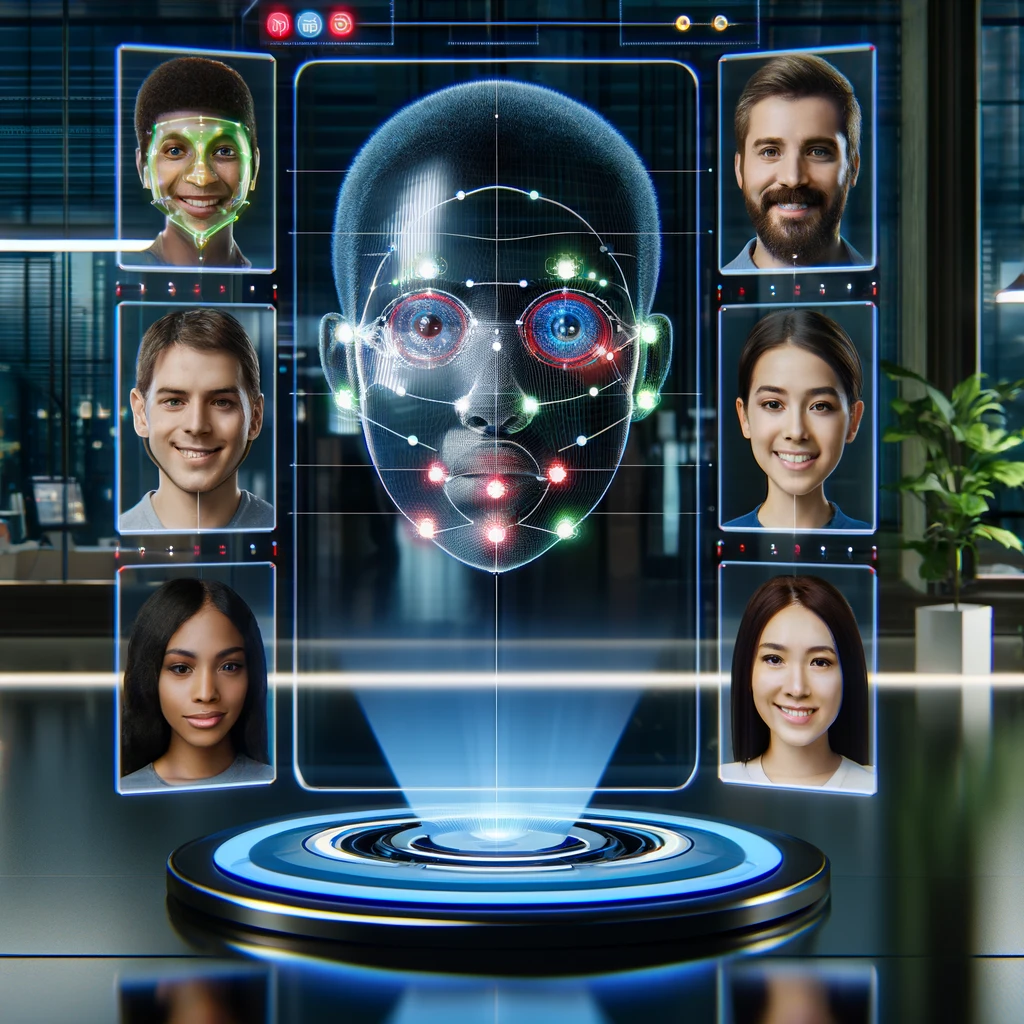Ethical AI is the practice of ensuring that AI systems are designed and operated in a manner that is consistent with society’s core values. Ethical AI has become increasingly important as companies have begun to deploy more sophisticated AI systems. This includes autonomous vehicles, chatbots and personal assistants.
The role of regulation in ethical AI is not well understood by many companies or policymakers. While some believe that regulatory standards should be developed before deploying new technologies, others feel that regulations will stifle innovation and delay the deployment of beneficial products or services until they are obsolete because other countries have adopted different standards.
Current Regulations and Guidelines
The current regulatory landscape is still in its infancy. But there are several notable examples of government regulation that companies should be aware of. The European Union’s General Data Protection Regulation (GDPR) requires companies to inform users about how their data will be used and stored. And also provide them with control over their information. The IEEE Global Initiative on Ethics of Autonomous and Intelligent Systems provides guidelines for ethical design in AI systems. These include transparency around decision-making processes and appropriate use cases for autonomous systems. Finally, the Federal Trade Commission (FTC) released a report outlining best practices for ethical design in AI products. This includes ensuring user consent before collecting sensitive data such as health records or financial information
Potential Future Regulations
The governments are also taking steps to ensure that AI is used ethically. The US White House has called for the creation of an AI regulatory agency. It has also proposed legislation that would require companies using facial recognition technology to obtain consent from consumers. These measures will help protect consumers’ privacy rights while allowing businesses to use this technology in ways that benefit their customers and society as a whole.
The Role of Regulation
Regulation is a necessary and important part of the AI ecosystem. It can promote transparency, accountability, fairness and protect individuals from harm. But regulation isn’t a panacea; it’s not going to solve all our problems with AI overnight.
The key question is: How much regulation should there be? There are many factors involved in answering this question the nature of an industry or sector; how much influence companies have over their customers (or even whether they’re considered “companies” at all); how important it is that people trust those companies with their data but one thing we know for sure is that more regulation isn’t necessarily better than less regulation when it comes to protecting consumers’ privacy rights or ensuring equal access to technology opportunities across society as a whole
Best Practices for Companies
Establishing Ethical Guidelines
Establishing ethical guidelines is an important step in ensuring that AI is used responsibly. These guidelines should be clear and concise, so that developers are able to easily understand what the company expects from them. They should also be reviewed regularly to ensure they’re still relevant and up-to-date with current trends in AI development.
Testing and Auditing AI Systems
Test and audit AI systems regularly. Ensure that AI systems are functioning as intended, and that they don’t have any biases or flaws that could be discriminatory or harmful to people.
Conclusion
Now that you know the basics of ethical AI, it’s time to put your knowledge into practice. It’s important to remember that there are many ways to create an ethical AI system and no one way is right for every company. However, there are some best practices that can help guide your decision-making process:
- Create a regulatory framework that promotes ethical AI and ensure it benefits society as a whole
- Make sure your company understands its role in creating an ethical AI system
- Ensure employees have access to education about how their work relates to ethics
References
“Ethical AI: The 7 Principles for Building Human-Centered Systems” by Joanna Bryson and Kate Crawford (2019)
“AI for Good: A Practical Guide to Implementing AI in Your Organization” by William R. Danko (2018)
Discover more on The Status as of 2023 of The Role of Regulation in Ensuring Ethical AI.




